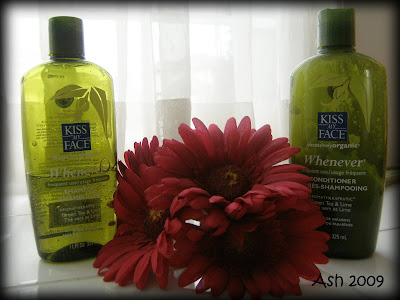 Summary:
Summary:The documentary “Green” by graduate student
Laura Dunn has been my favorite documentary so far. It focuses on Cancer Alley, the one hundred-mile stretch of the Mississippi River between New Orleans and Baton Rouge, Louisiana. Cancer Alley got its name because 150 petrochemical plants that lie between the two cities. The film focuses on the problem of Cancer Alley and the local people it affects. By particularly providing evidence of what it is like to live on polluted land, being condemned to illness and poverty and not being able to sell their land.
According to a
website I found, “Louisiana is consistently ranked among the poorest states per capita in the country, it has one of the nation's worst educational systems, the highest illiteracy rate, and the lowest proportion of people connected to the Internet. Lastly, one-third of the state's children live in poverty.”
The residents interviewed that live in these towns along the Mississippi are confident that there is a link between their health and the petrochemical plants. The saddest part of watching this documentary was the fact that all the young children were acquiring advance stages of such rare cancers.
Another alarming fact is that these big cooperations keep track of their own data and are suppose to report when there is a problem. I remember them comparing this to turning yourself in for a speeding ticket. Except the side effects of this is a little more intense.
The truth is, that no one can realistically eliminate the products of the
petrochemical industry because it supplies the key ingredients used in every single nonorganic product. The big businesses are continuing to make money off Cancer Alley because it delivers 25% of the nation's petrochemical product…
 New Terms:Cancer Alley
New Terms:Cancer Alley: is an area along the
Mississippi River between
Baton Rouge and
New Orleans, of
Louisiana, which contains numerous industrial plants.
Neuroblastoma: is the most common extracranial solid
cancer in childhood and the most common cancer in infancy, with an annual incidence of about 650 new cases per year in the US.
EPA: EPA leads the nation's environmental science, research, education and assessment efforts. The mission of the Environmental Protection Agency is to protect human health and the environment. Since 1970, EPA has been working for a cleaner, healthier environment for the American people.
Louisiana Chemical Industry: Mission is to improve the quality of life through the power of chemistry.
Environmental racism: refers to intentional or unintentional
racial discrimination in the enforcement of environmental rules and regulations, the intentional or unintentional targeting of
minority communities for the siting of
polluting industries, or the exclusion of
minority groups from public and private boards, commissions, and regulatory bodies.
My thoughts:As I mentioned in class this whole documentary reminded me of the movie,
Erin Brokovich. For those of you who have never seen it here is how it all goes down…
Erin Brockovich is an “unemployed single mother who becomes a legal assistant and almost single-handedly brings down a California Power Company accused of polluting a city's water supply. She finds herself in a series of events that would involve her lawfirm in one of the biggest class action lawsuits in American history against a multi-billion dollar corporation.” Except in the movie, they go to court and win lots of money and everyone lives happily ever after. I just wish the same thing could happen with the plants in Louisiana.
This is such a sad situation because I feel that there is nothing we can do to prevent this from happening. I mean I can try and not purchase things made of plastic but that probably wouldn’t last very long. It’s so easy to go on and live your life without considering the damage that these plants are causing when it’s not in your backyard.
A women on the documentary said, “Some people could sell a soul for some green,” and I think that’s true. What do you think? Is there anything we can do to help this situation? Lastly, do you think that environmental racism is an issue in Louisiana?
Here's a link to the
Cancer Alley Blog- Check it out!
That’s all, thanks for reading. =)








